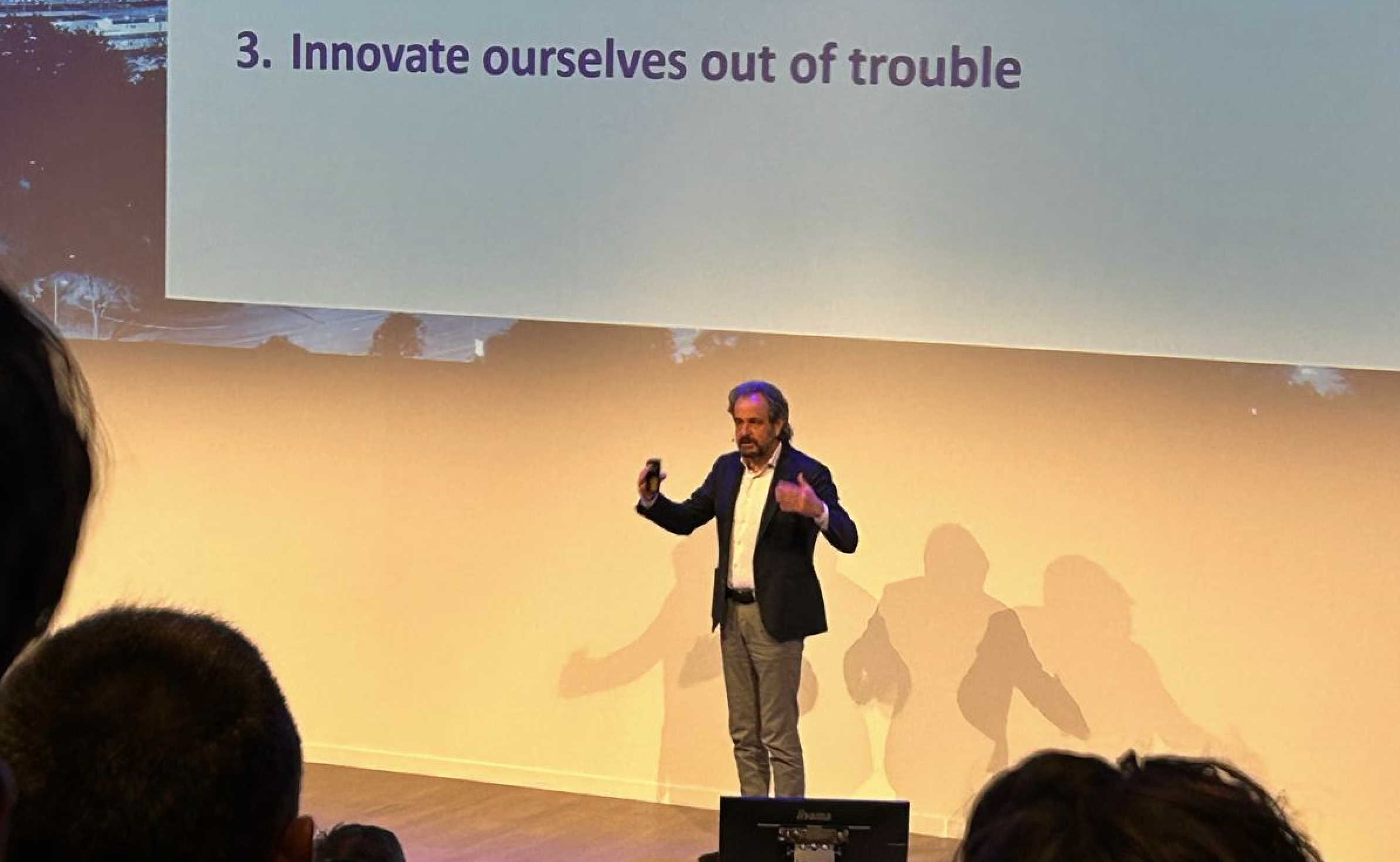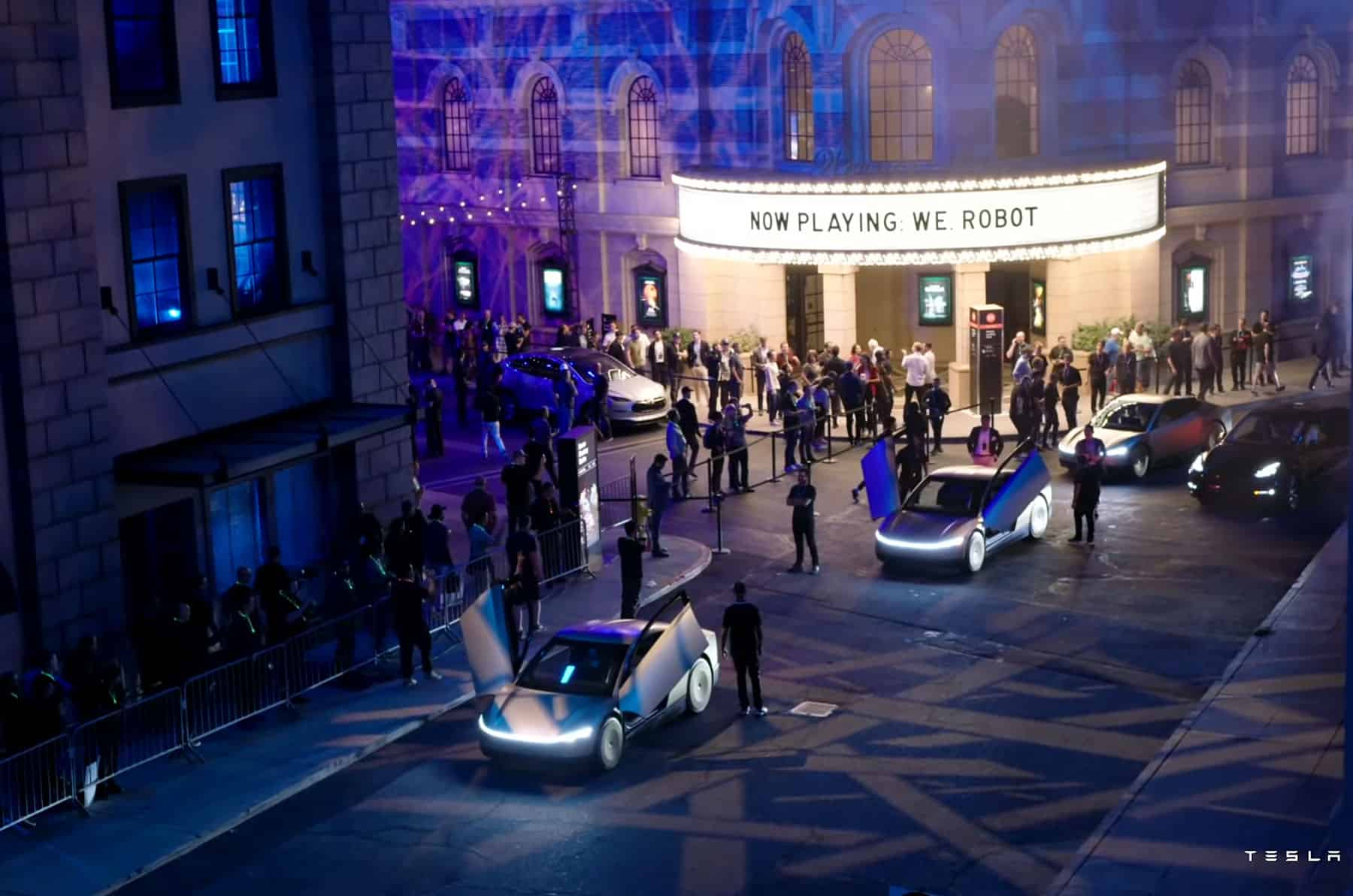
There once was a time without the internet. There was even a time without a computer. The first three months of my first job in 1990, I worked without my own computer, I can’t imagine what I was doing then.
Meanwhile, the blessings of the internet are well known. But not much seems to be left of the original promise of the Internet as a public domain where information is shared worldwide without profit. The algorithms of the large companies that provide the most frequently used services often have an extreme influence on the world, unnoticed and perhaps even unintentionally. I myself was once confronted with an example of this influence when I was with my highly esteemed neighbour Piet. Piet’s political preference is far removed from mine. When we searched for information about a political issue with the same search term, each on his own laptop, we got totally different results. We were both confirmed in our conviction…
“Not much seems to be left of the original promise of the Internet as a public domain where information is shared worldwide without profit.”
This power of large service providers raises questions about how to organize the power of online communities in a non-commercial way. How can we regain control of our own data? Can we build our own internet? These are precisely the questions that make the STRP festival so interesting. I would like to draw your attention in particular to the two-day conference ‘New scenarios for the internet‘ on 3 and 4 April, which STRP is organising together with Fontys Hogeschool Creative Economy during the festival. Scientists, artists, critics, writers and thinkers share new inspiration, new images and new ideals that are badly needed to build a hopeful future. Top speakers such as Andrew Keen, Ruben Verborgh and James Bridle are snared for the program.
I am proud that we can have this essential discussion at the heart of Eindhoven’s industrial heritage. Moore’s law is seen as a driving force behind all exponentially changing technologies. Specifically in this region, this law has been maintained for decades. With all our cleverness, let’s look together at how we can deal with all the positive and possible negative consequences of technological development. Then tomorrow will really be good.
(STRP Festival 2019 is from 30 March – 7 April in the Klokgebouw in Eindhoven. Further information: STRP.nl)
About this column:
In a weekly column, alternately written by Maarten Steinbuch, Mary Fiers, Carlo van de Weijer, Lucien Engelen, Tessie Hartjes and Auke Hoekstra, Innovation Origins tries to find out what the future will look like. The six columnists, occasionally supplemented with guest bloggers, are all working in their own way on solutions for the problems of our time. So tomorrow will be good. Here are all the previous episodes.








